Freedom of Religion or Belief in South Asia: Bangkok Hosts Pivotal IPPFoRB & Humanists International Workshop
At the IPPFoRB and Humanists International workshop in Bangkok, Thailand, parliamentarians from Sri Lanka and Nepal convene with key stakeholders to delve into the nuances of Freedom of Religion or Belief. Photo: Andre Malerba
Bangkok, Thailand – The International Panel of Parliamentarians for Freedom of Religion or Belief (IPPFoRB), in collaboration with Humanists International, successfully hosted the South Asia Regional Workshop on Freedom of Religion or Belief from October 1-3, 2023. This collaborative event brought together key stakeholders and trainers from South Asia to explore critical issues surrounding the human right to freedom of religion or belief (FoRB).
As stated in Article 18 of the United Nations Declaration of Human Rights:
“Everyone has the right to freedom of thought, conscience and religion. This right includes freedom to change his religion or belief, and freedom, either alone or in community with others and in public or private, to manifest his religion or belief in teaching, practice, worship and observance.”
Article 18 protects theistic, non-theistic, and atheistic beliefs and the right not to profess any religion or belief.
The workshop in Bangkok, Thailand, served as a platform for in-depth discussions, knowledge sharing, and strategic collaborations among participants. Over the course of three days, attendees engaged in stimulating dialogues, plenary meetings, and interactive breakout groups that both emphasized the significance of upholding the right to freedom of religion or belief in line with international human rights law and across diverse societies, while also examining the myriad of ways which may deter that action.
“Government must be democratic in the fullest sense, and the state must protect minorities by protecting them from potential threats. We must educate people.” - Participant
Distinguished trainers delivered insightful plenaries, shedding light on the multifaceted dimensions of this fundamental human right, emphasizing its intersectional relationship with other human rights, such as freedom of expression and women’s rights. One trainer noted to participants that “Offense is a problematic notion on which to legislate.” Participants thus had the opportunity to gain a deeper understanding of the challenges and opportunities surrounding the human right to FoRB in the regional context, including how it can be instrumentalized and misused when not understood in an inclusive, intersectional, and universal way.
In attendance were high-ranking dignitaries from Sri Lanka and Nepal; and while the primary focus was on parliamentarians from South Asia, the workshop also extended invitations to a select number of guests with other relevant professional backgrounds. This approach encouraged a diverse exchange of ideas and perspectives, enriching the overall experience and fostering national, regional, and international cooperation. The diverse backgrounds and expertise of the attendees created a dynamic environment for learning, networking, and strengthening partnerships.
IPPFoRB and Humanists International thank the participants for their time and commitment, which contribute to the ongoing efforts to protect and promote freedom of religion or belief in line with international human rights law frameworks, for everyone everywhere.
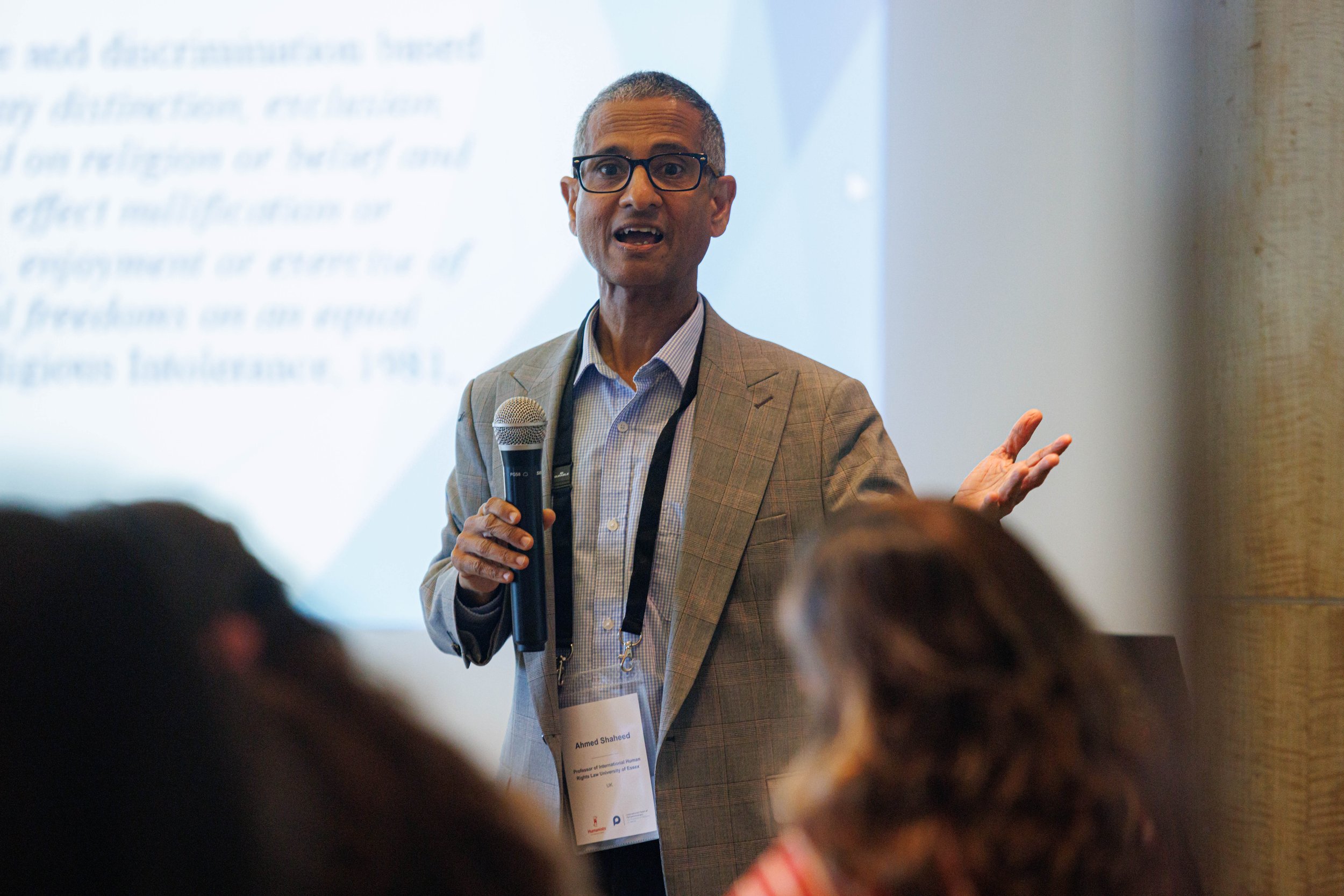
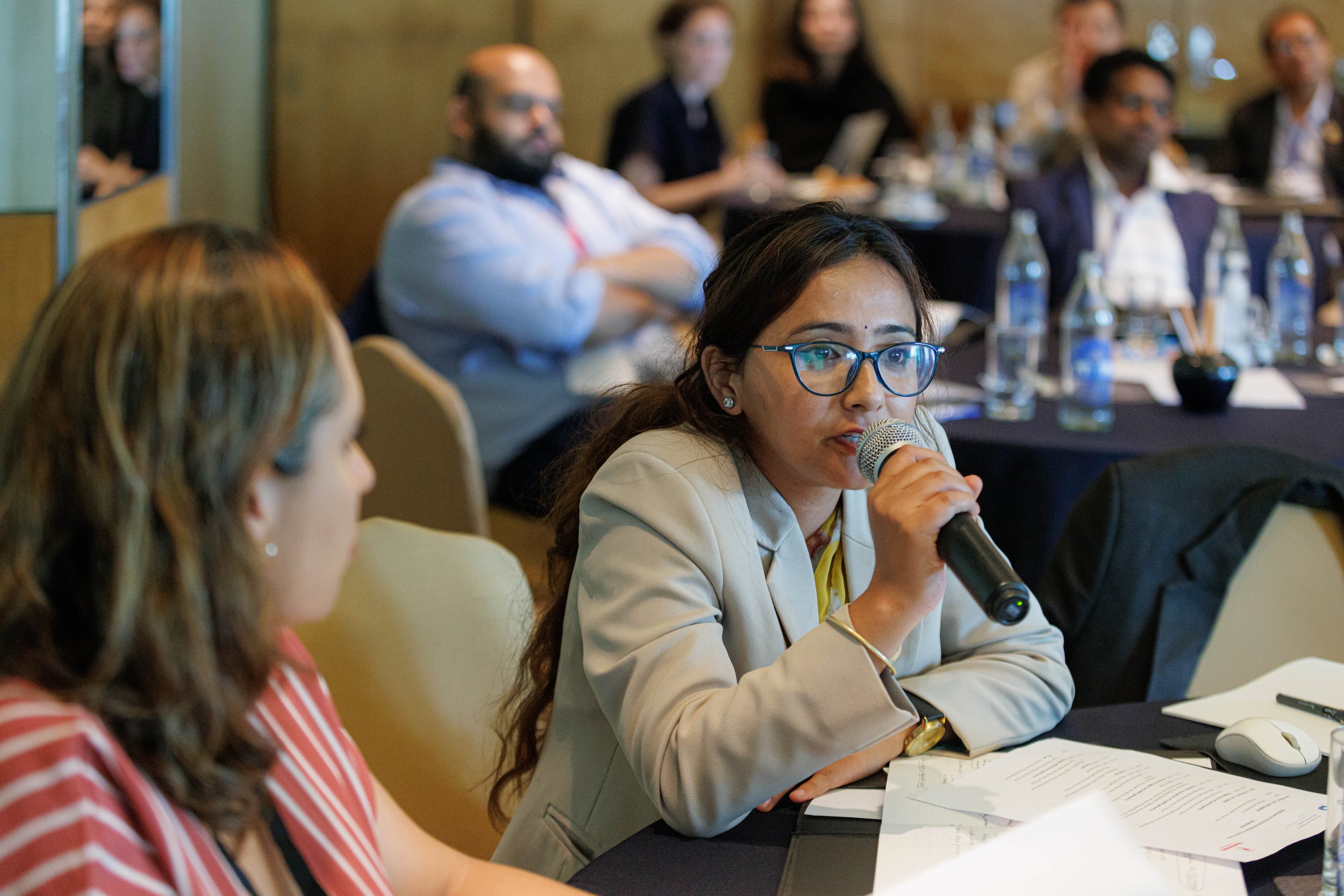
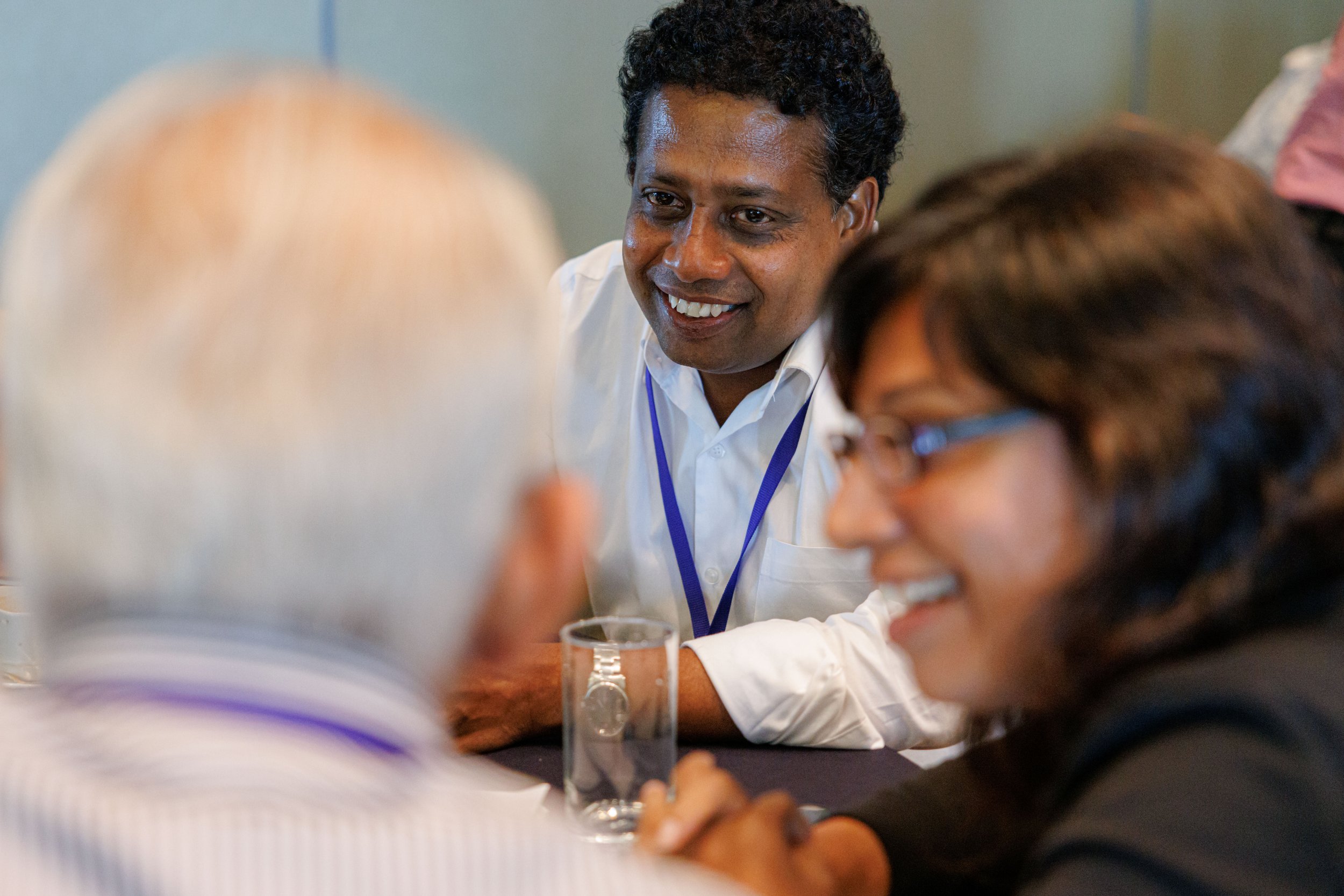
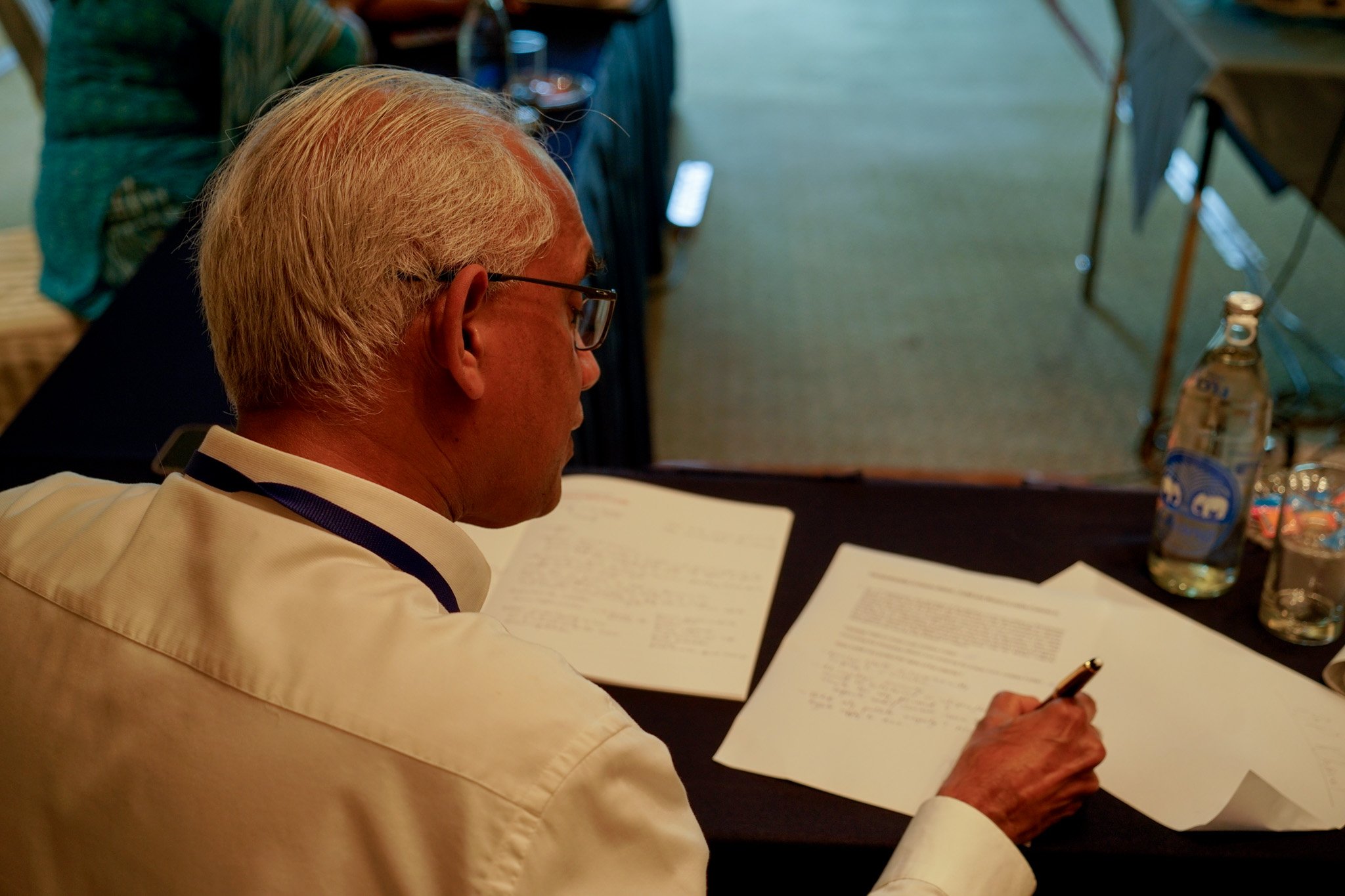
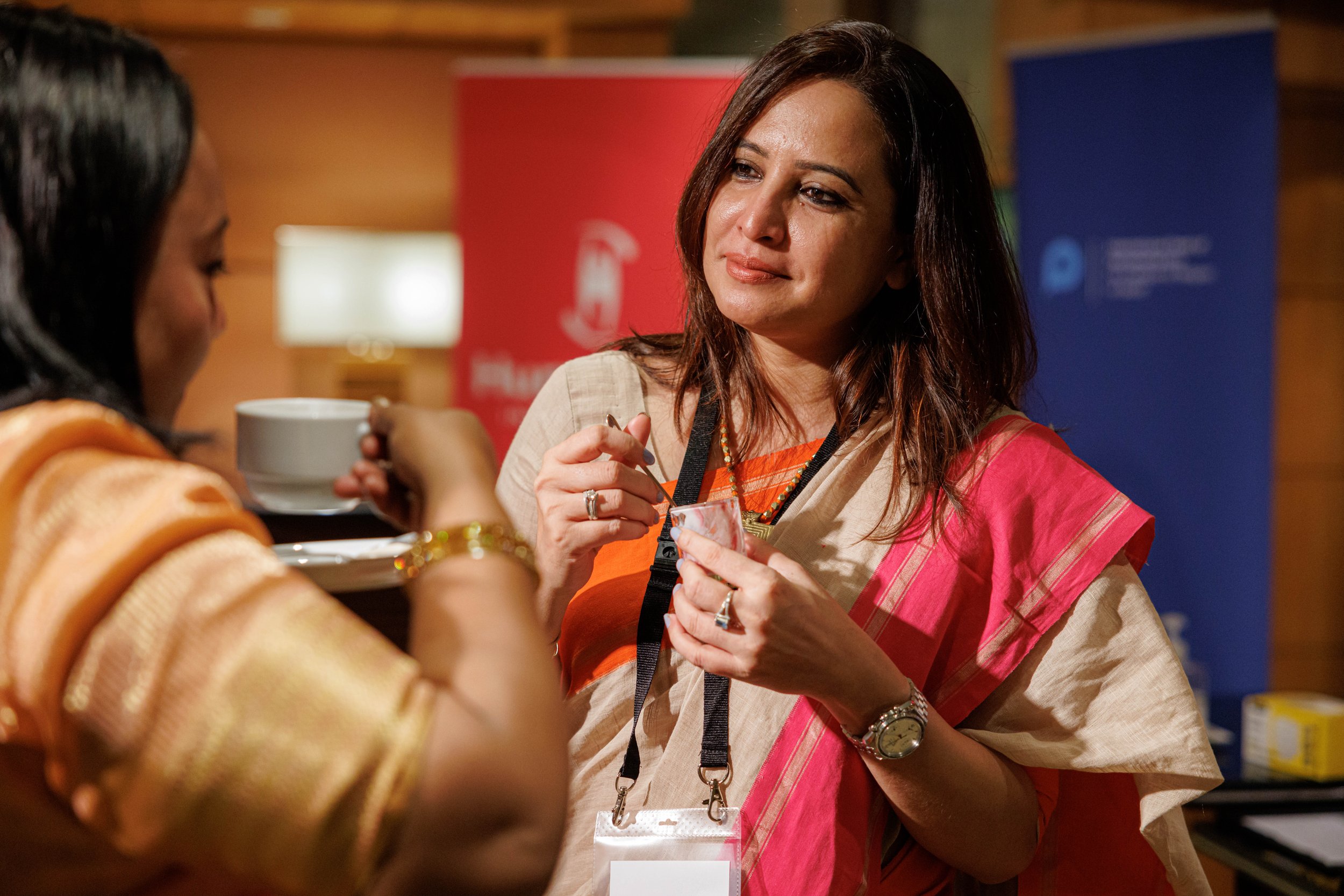
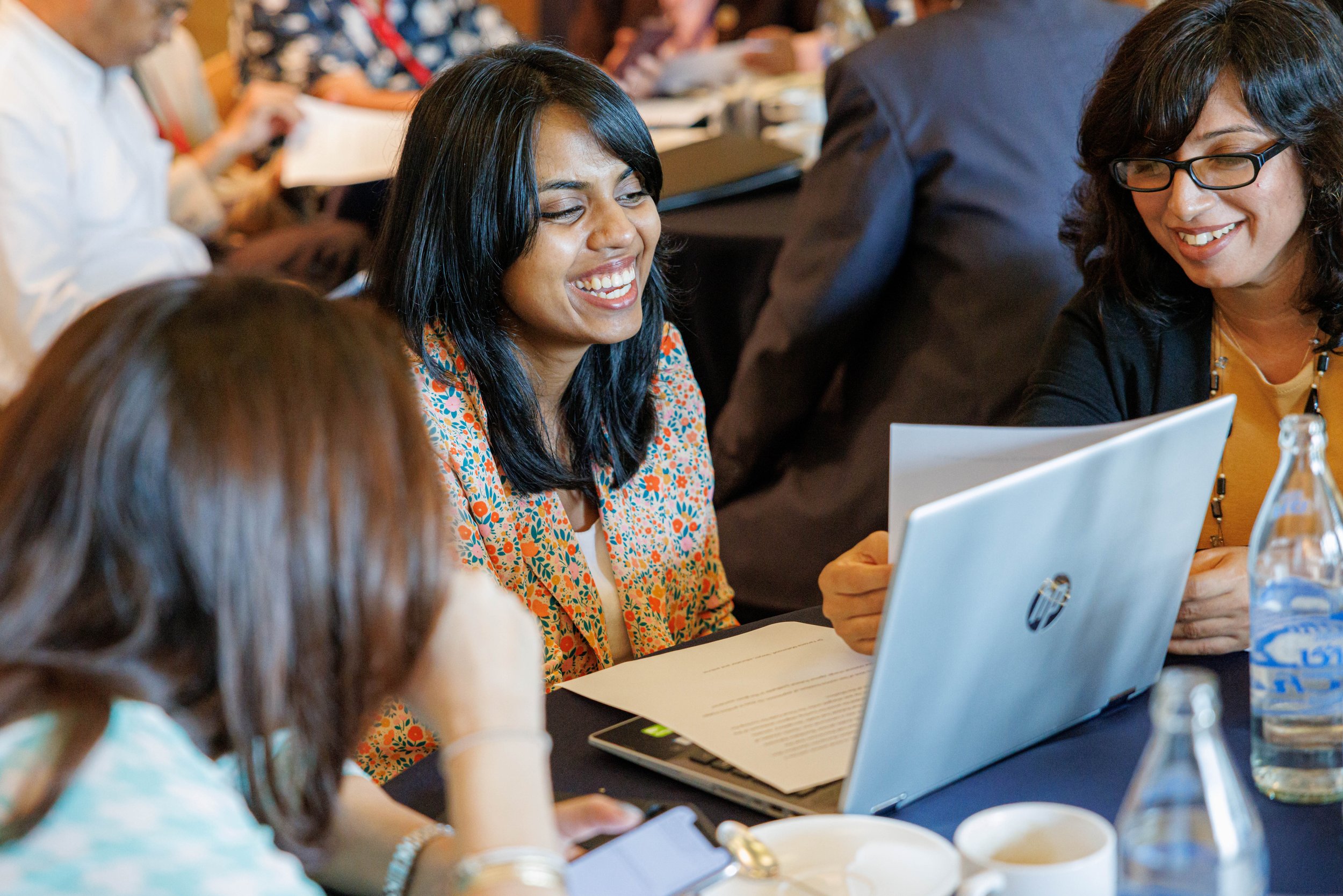
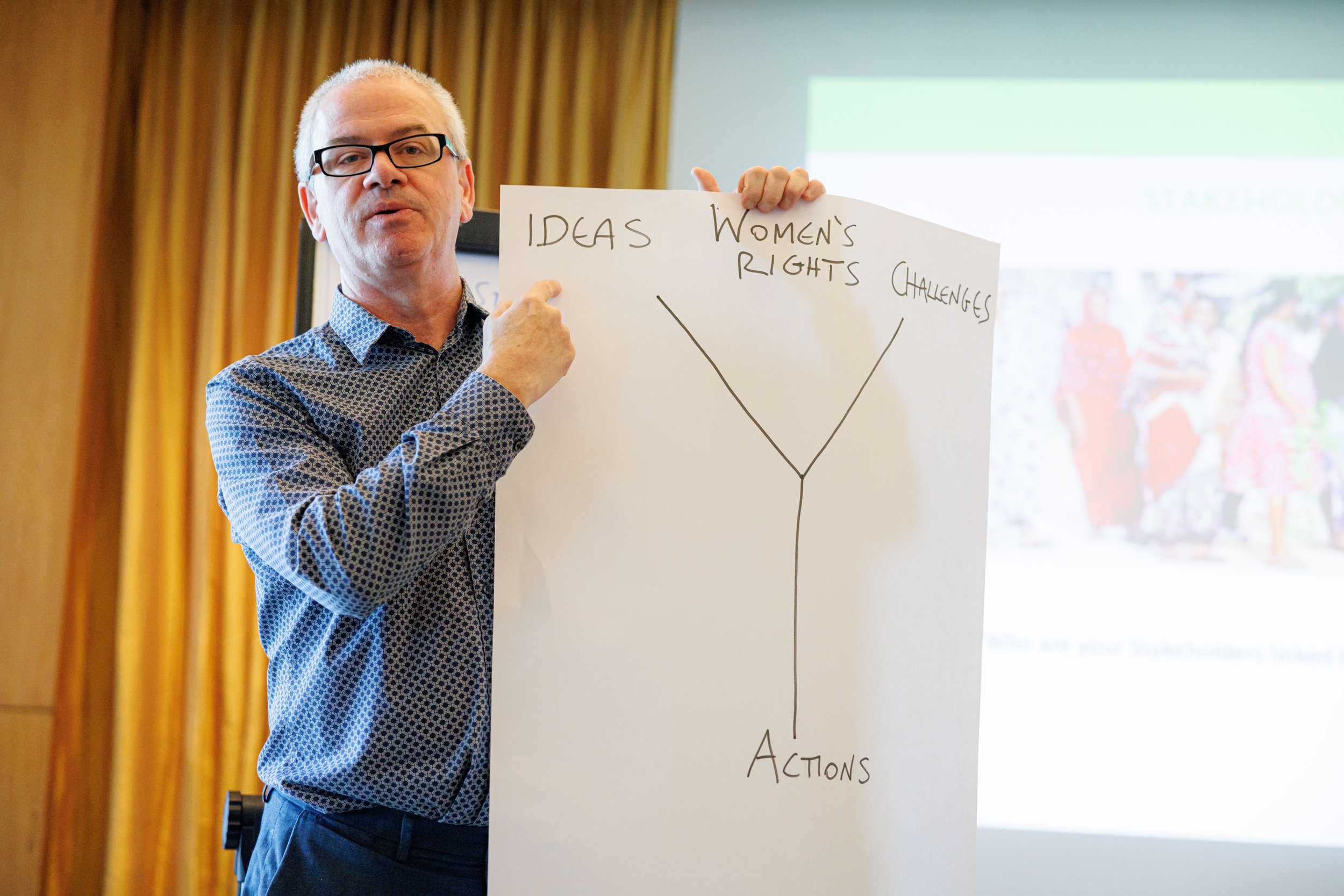
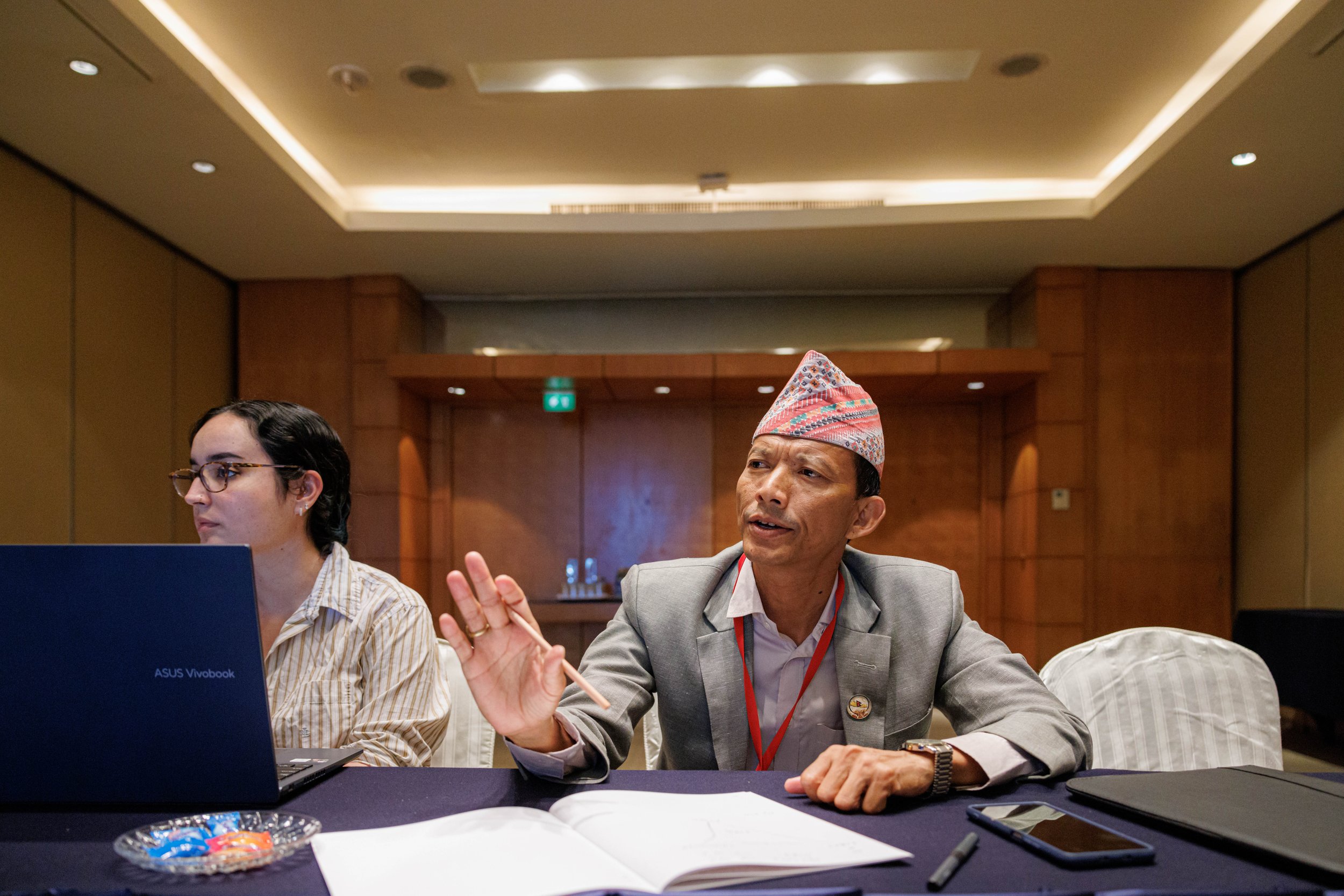
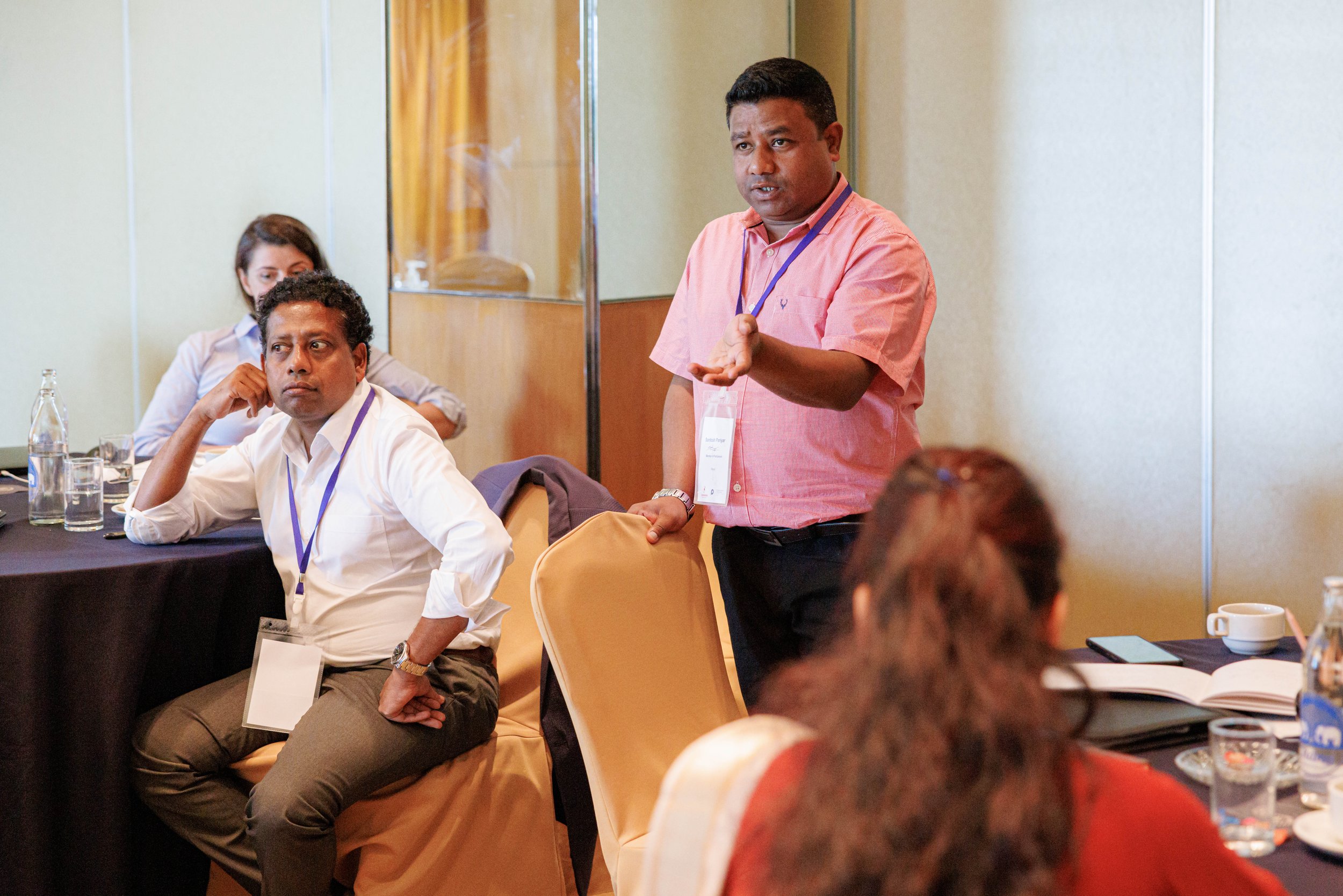
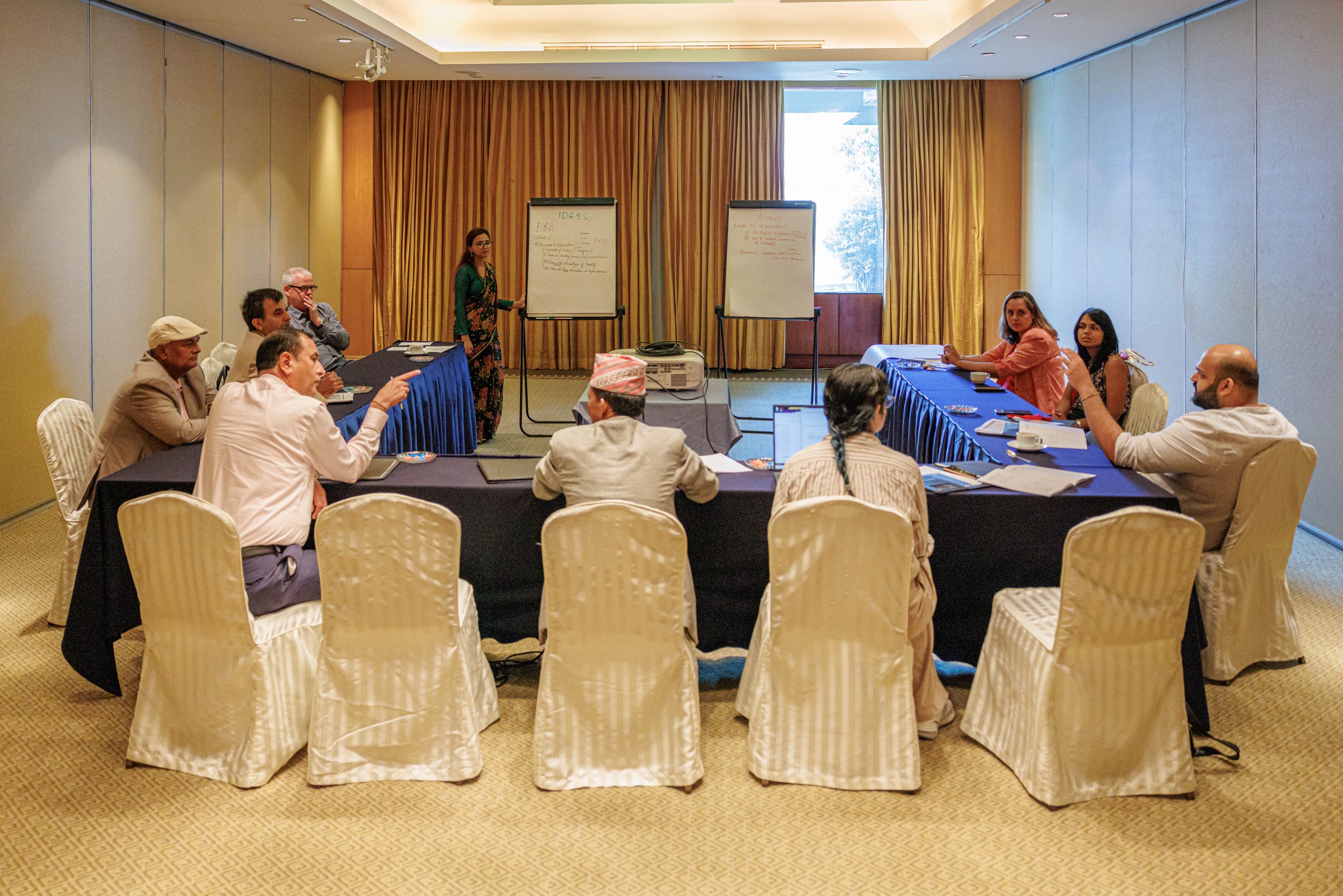
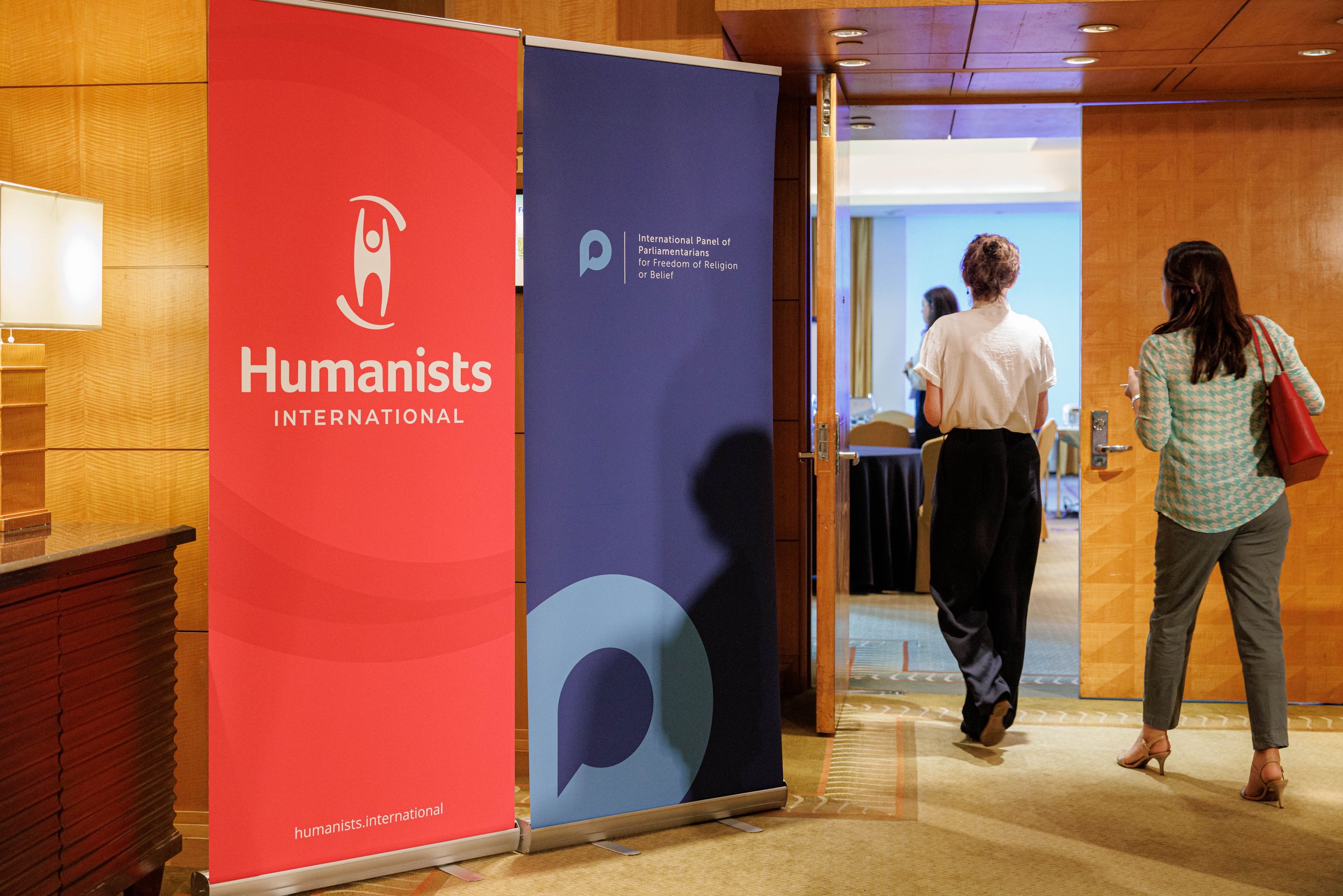
For media inquiries or more information, please contact:
Sara Machado, Communication and Advocacy Advisor, International Panel of Parliamentarians for Freedom of Religion or Belief (IPPFoRB)
And follow Humanists International for updates on their work in promoting freedom of religion or belief and other human rights.


